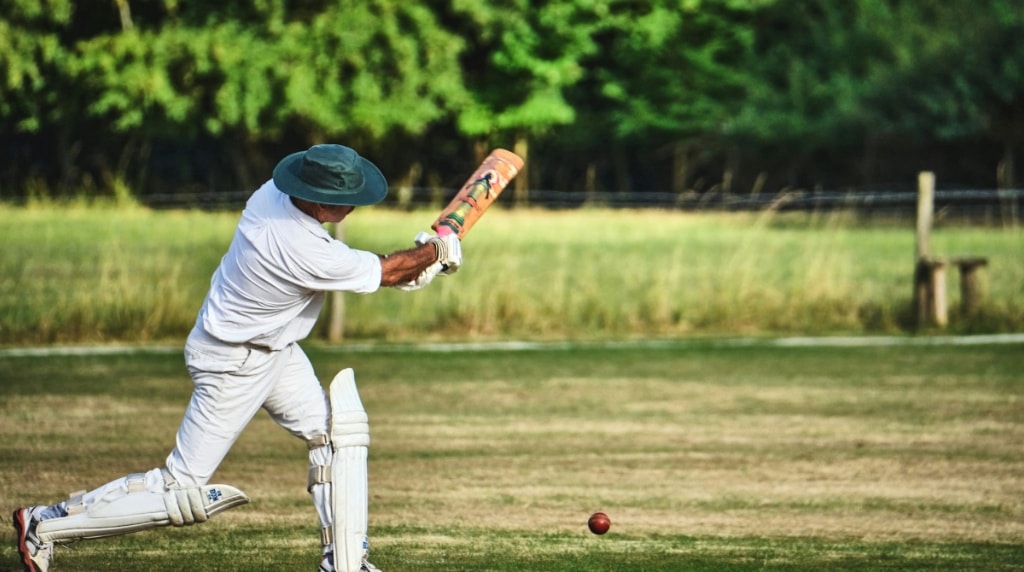Brazilian Government Confirms Sports Betting Regulation Plans
At long last, Brazil’s government has indicated that sports betting — particularly from off-shore, online platforms — will take the next step in regulation. That means a provisional bill will be sent to Brazil’s National Congress, according to Ministry of Finance special adviser José Francisco Manssur, who spoke during an Operation Maximum II hearing in late June 2023.

Brazil has indicated plans to move forward with regulated sports betting, in the midst of the Operation Maximum II case.
©Markus Winkler/Unsplash
Deputies push for regulated betting
Manssur spoke during a weekly session of the Parliamentary Commission of Inquiry (CPI). The CPI was created in order to investigate clandestine activity in sports betting, specifically the fixing of several sports matches that are involved in the Operation Maximum II case. The CPI was created by Brazil’s Chamber of Deputies and is therefore an official government body.
According to Manssur, the measure will create a new national body for organizing and overseeing games and lottery playing in Brazil. It will not just cover sports betting websites, but all of Brazil’s gaming entities and verticals.
Manssur also explained that the proposal will be shared with the current CPI group in order to gather their thoughts and expertise. This has become a high priority in recent months since the Operation Maximum II gaming scandal was uncovered. The government wishes to prevent future cases of match-fixing by creating an airtight set of regulations.
The CPI session would then double as a chance to go over guidelines for taxation, regulation and more. Furthermore, Manssur shared that Brazil’s executive power also must create a set of rules that can be applied to the Operation Maximum II case as well as future cases of match-fixing.
In other words, prosecutors need a reliable legal framework for dealing with these matters and discouraging others from attempting illegal match-fixing. So far, the response has been that technology will help flag match-fixing cases. Unusual bets would be flagged as suspicious so that the bet can be quickly removed and investigated.
There is a strong case being made for betting platforms to have a base in Brazil, rather than being allowed to operate entirely off-shore. Manssur has also pushed for each legally operating platform to have a minimum share capital and to abide by employment rules which would see a set number of local people employed by the platform.
It is also asked that interested platforms pay a fixed amount in order to be considered for an operating license. All of these measures seek to make sports betting more economically useful to Brazilians. Furthermore, having a base in Brazil means the government will have more jurisdiction over the action of sites in operation there.
This has been a key problem for consumer rights in the country, something Chile has been dealing with in its online gaming regulation, too. Brazil’s government has confirmed that it cannot override the laws of the country a gambling company is based in. Therefore, it has difficulty protecting consumers in precarious situations.
Tax and responsible gaming in Brazilian betting
The distribution of tax revenue from sports betting has already been outlined. According to current plans: 0.82% is earmarked for education; 2.55% for National Public Security; 1.63% for sports clubs; 10% for society security; and 1% for the Ministry of Sports. Manssur reiterated how much money Brazil is squandering by not regulating sports betting and making use of the tax money immediately.
The measure will also discuss responsible gambling and problem gambling. A representative of Brazil’s Treasury explained that the government does not support the message that gambling is a way to “ascend socially.” It will not support companies that convey this message about their products, but it is not yet clear what measures will be taken to inspire responsible gaming in Brazil.



